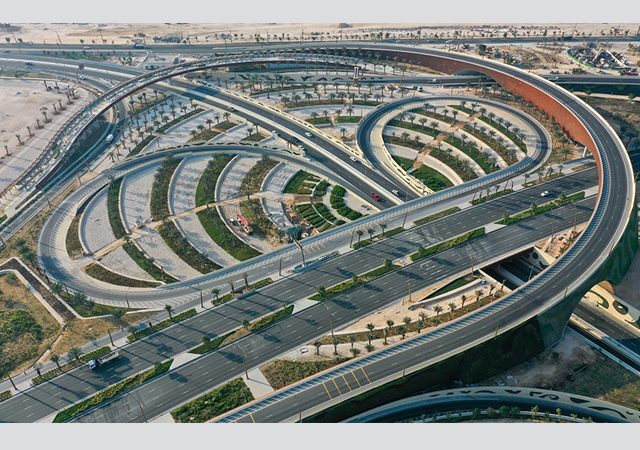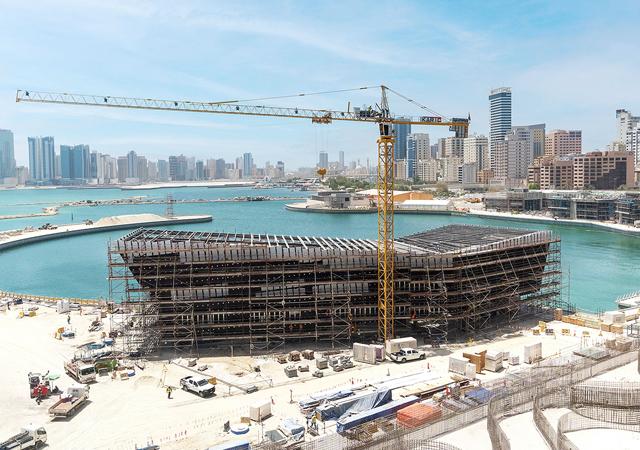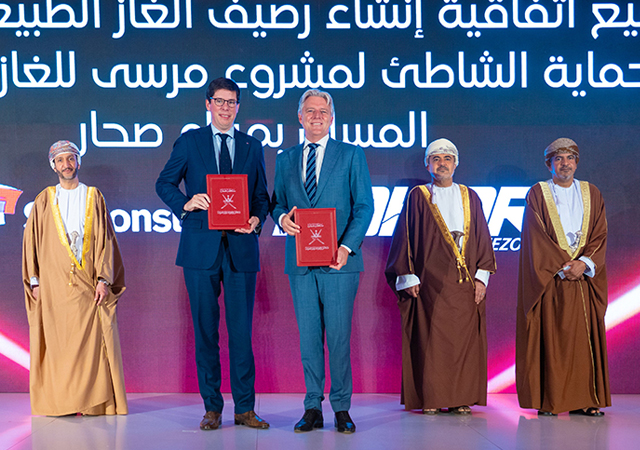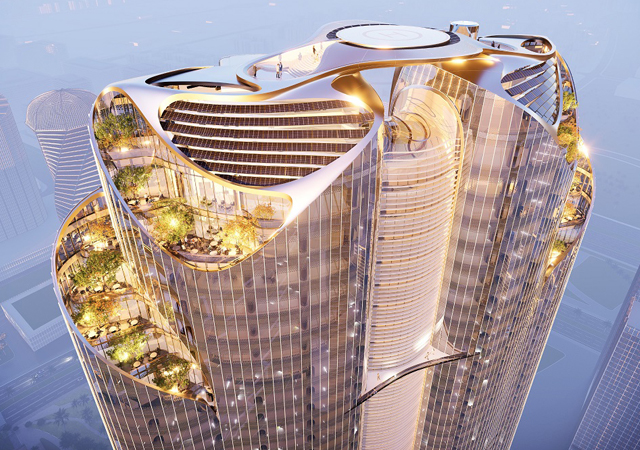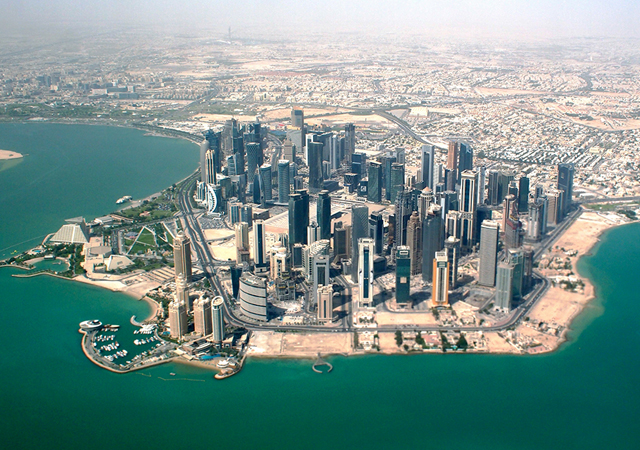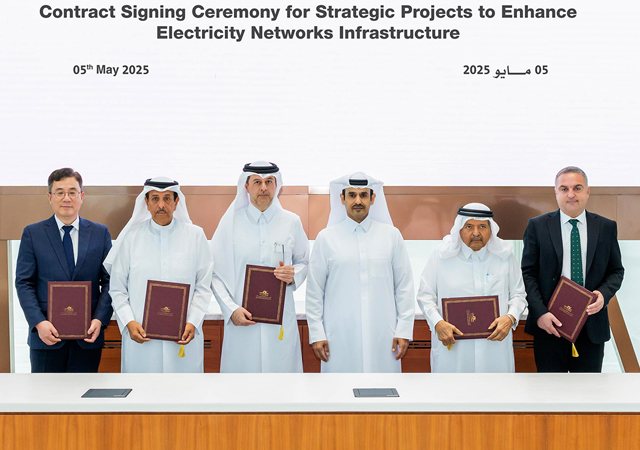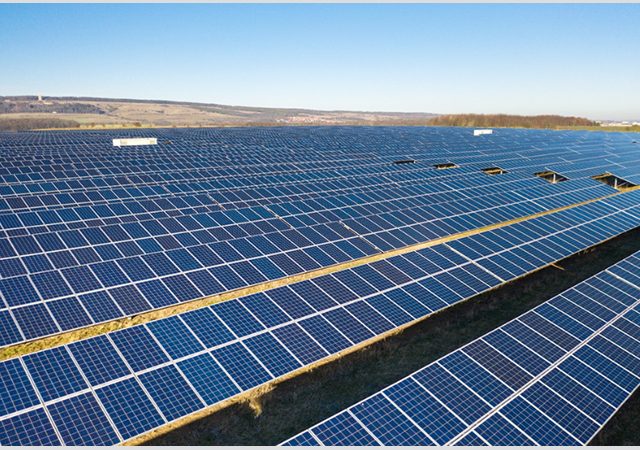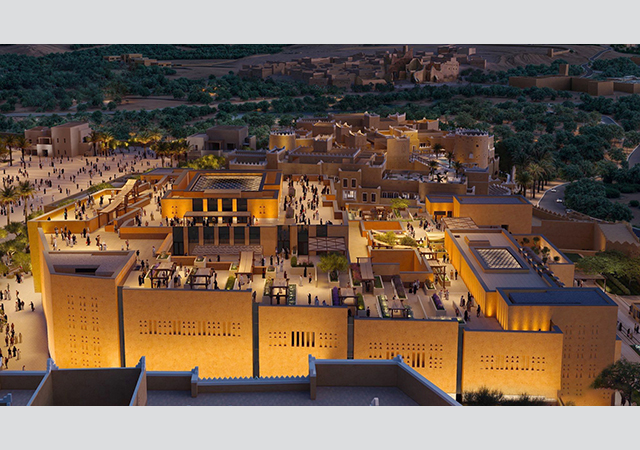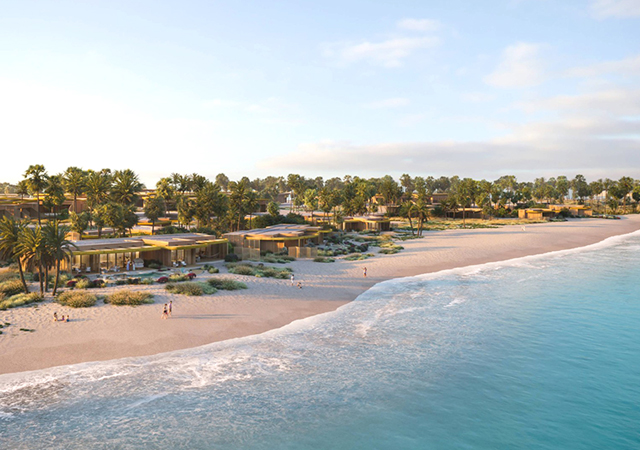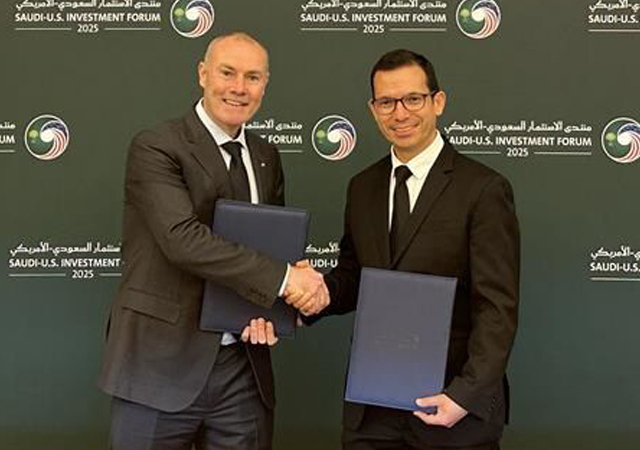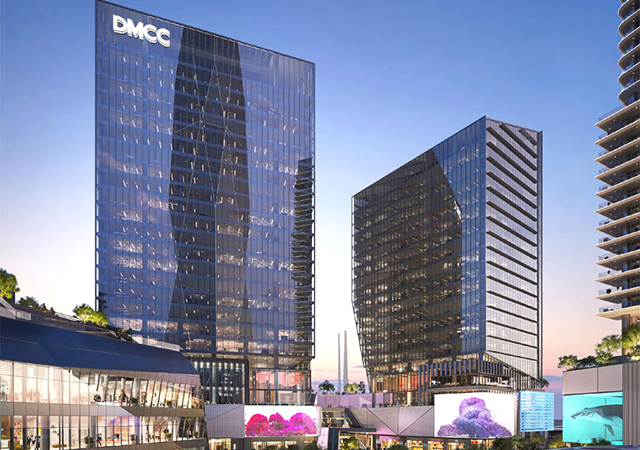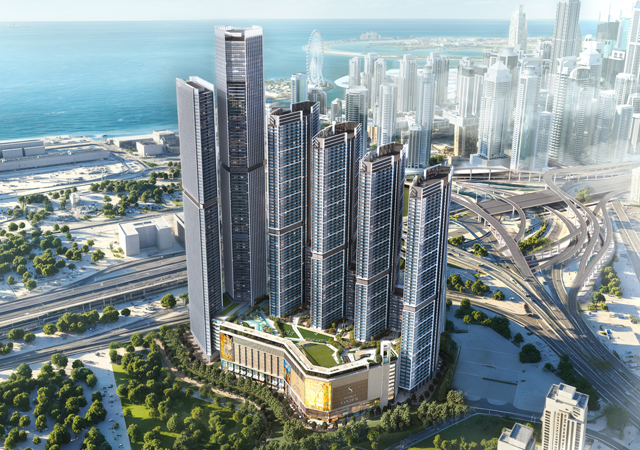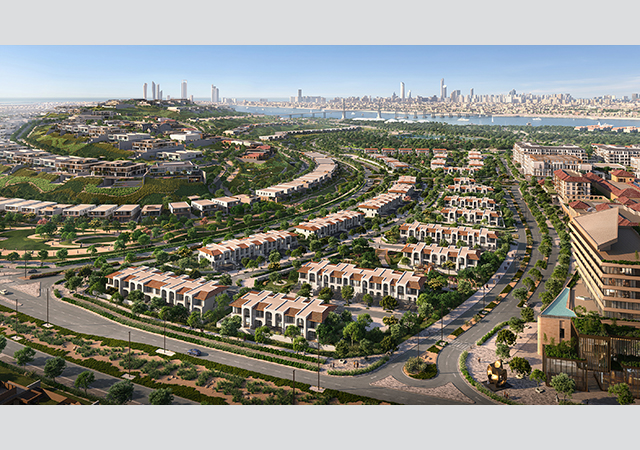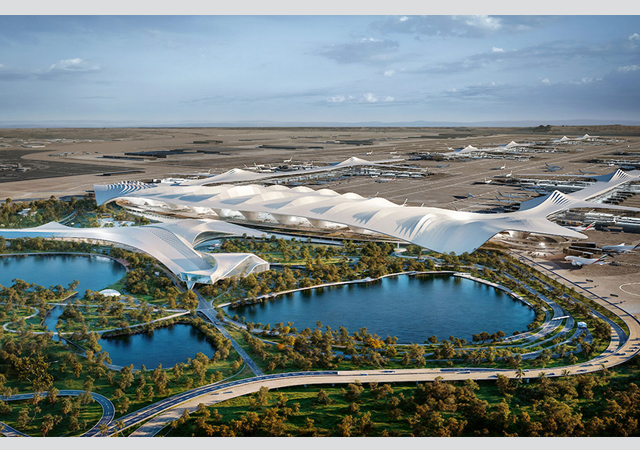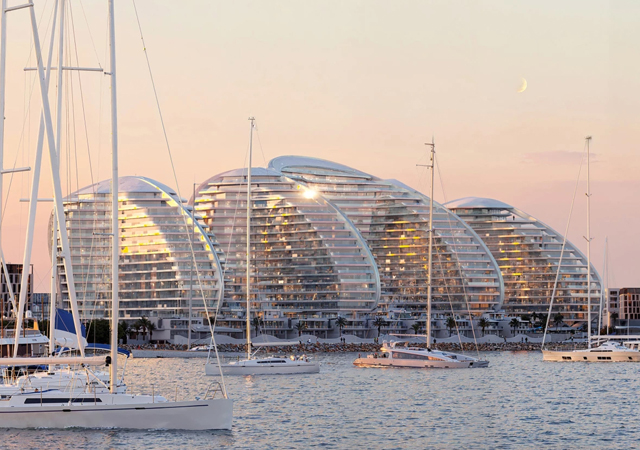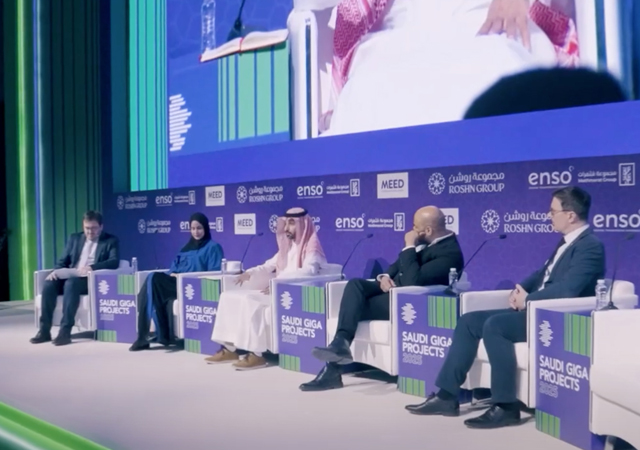
 Benefil … ideal for bulk void filling.
Benefil … ideal for bulk void filling.
Uretek UK – part of the Uretek group of companies which pioneered the development and application of geopolymer resin injection processes for concrete slab lifting and soil stabilisation – is introducing Benefil, its latest offering for void-filling and remediation projects in the Middle East.
Over the past 28 years, Uretek has earned a global reputation for cutting-edge technologies which apply the latest geotechnical developments to offer speed, cost-effectiveness and lack of disruption to projects ranging from industrial refurbishment to remediation of airport runways, says Chris Davies, managing director of Uretek UK.
Uretek UK has already received a good response to Benefil from the region. Says Davies, who will head Benefil operations in the region: “We are delighted to have received numerous enquiries about Benefil, and look forward to being able to assist in a number of projects in the Gulf within the next six months.”
Benefil, which enhances speed and minimises disruption during void filling, is a multi-purpose, super-lightweight, engineering filler grout that has been used used worldwide. A unique, pre-expanded structural resin, it is ideal for bulk void filling in the Middle East region, according to Davies.
“Benefil offers more benefits than cement and foamed concrete grouting, and avoids the problems of added weight and the need for multiple deliveries to site.
“Although fast to apply, it is a long-term solution, with a design life of 150 years. Extremely lightweight and easily transportable, the raw materials generate 15 to 20 times their own volume of Benefil, allowing a single delivery to be sufficient for most requirements. Benefil weighs only approximately 50 kg per cu m, and is manufactured on site to precisely tailor the end specifications of the final polymer.”
Problems of difficult access are also overcome. Explains Davies: “Benefil can be injected up to 500 m from the delivery vehicle by means of hand-held hoses and injection apparatus, allowing applications to areas where vehicle access is unavailable. Furthermore, Benefil will readily flow uphill, and fill voids only accessible from underneath.”
Typical Benefil projects include void filling, pipeline and annulus filling, coastal defence stabilisation, quayside remediation, decommissioning of tanks, and geotechnical stabilisation. As it is being injected Benefil will displace residual liquids and can even be applied underwater, he adds.
Benefil is environmentally neutral, being non-toxic, non-flammable, and resistant to almost all chemicals, making it suitable for many projects where environmental factors are of key importance.
“With no excavations needed, and many jobs done within a day, Benefil thus brings the advantages of speed and lack of disruption to bulk void filling,” concludes Davies.


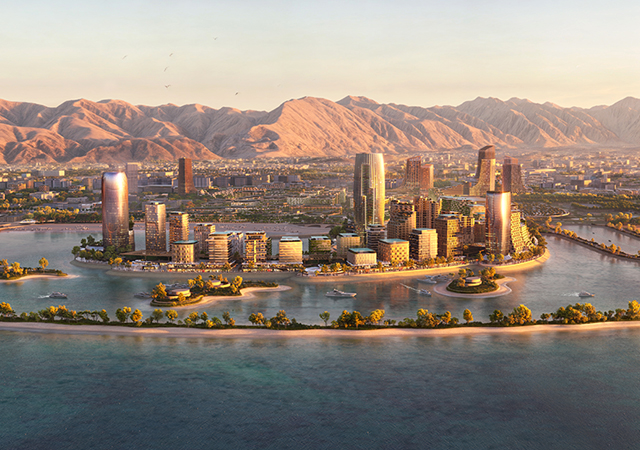

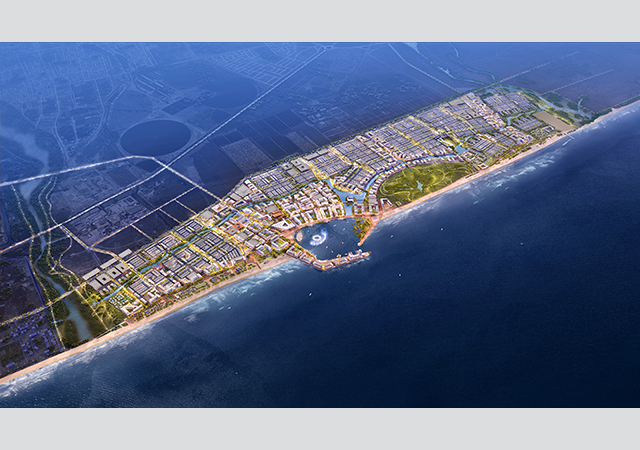
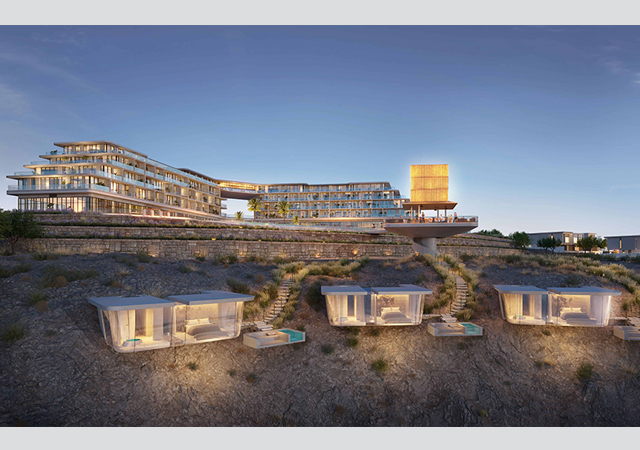
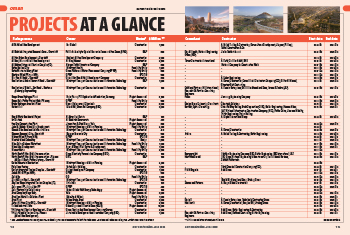

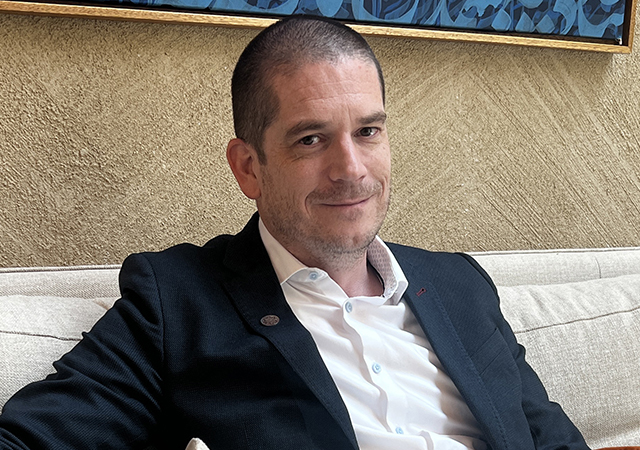

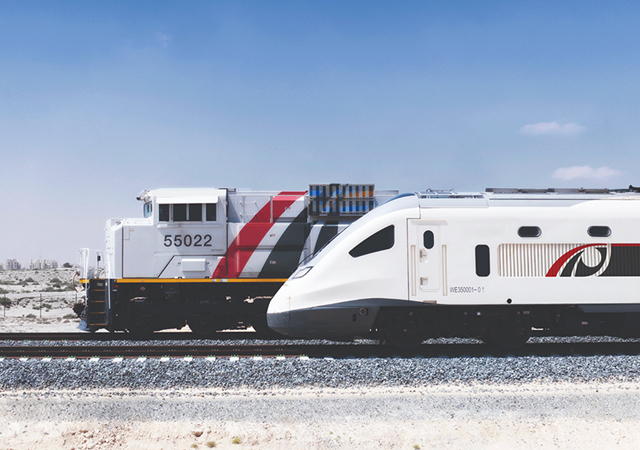
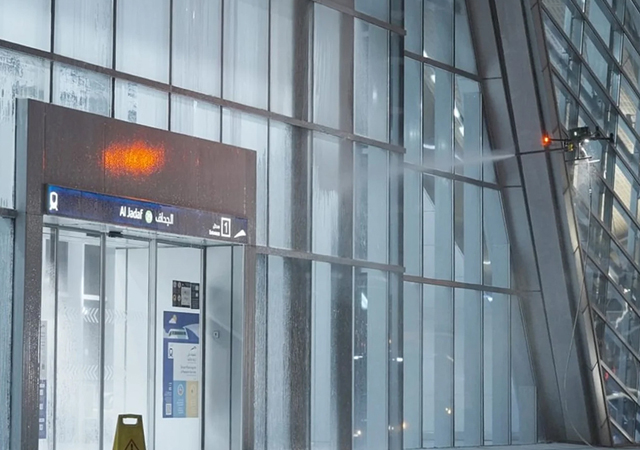
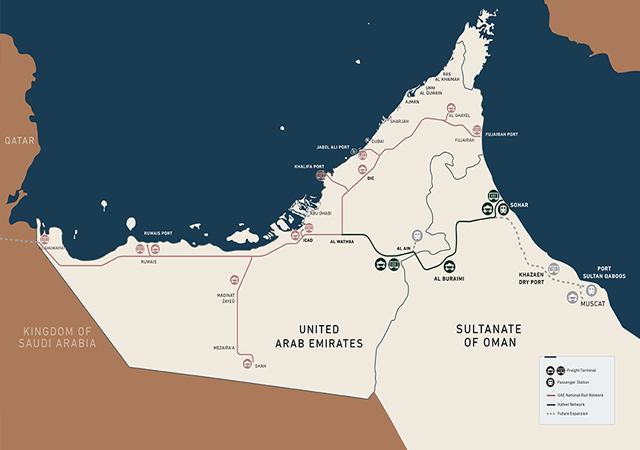
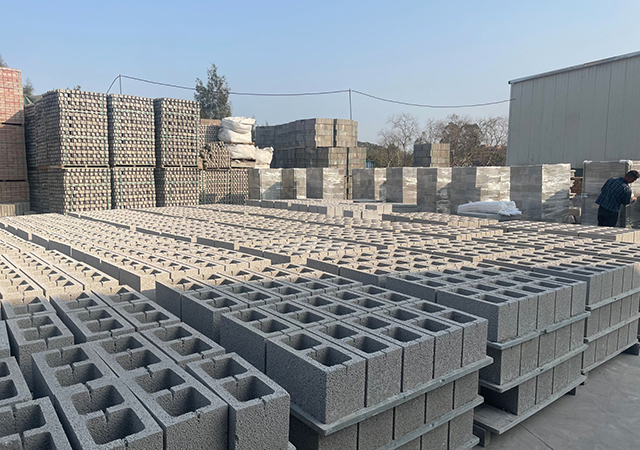
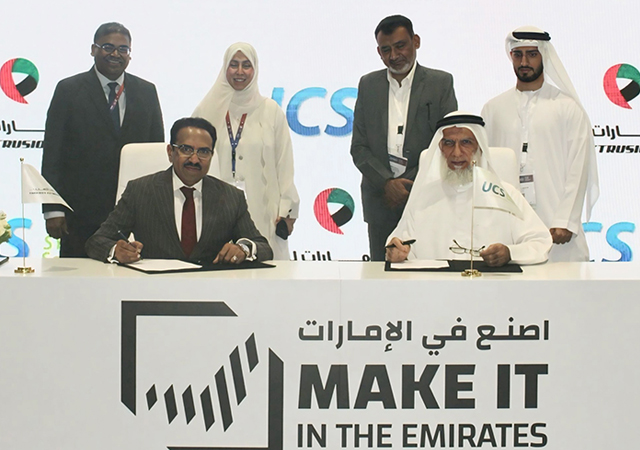
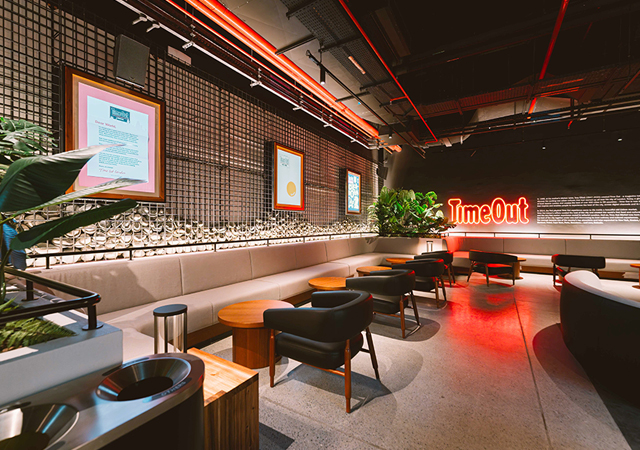
.jpg)
.jpg)
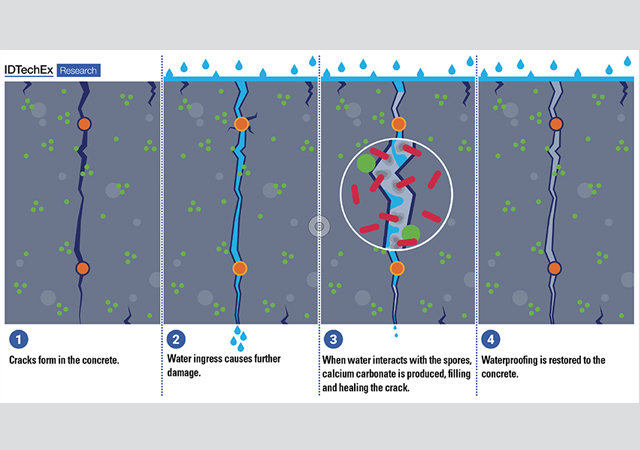
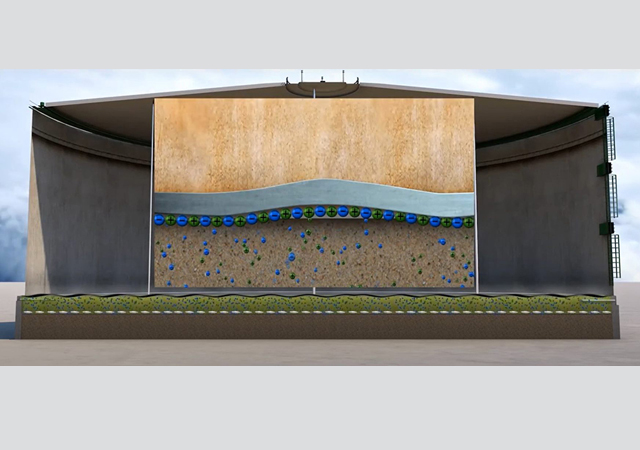
.jpg)
.jpg)
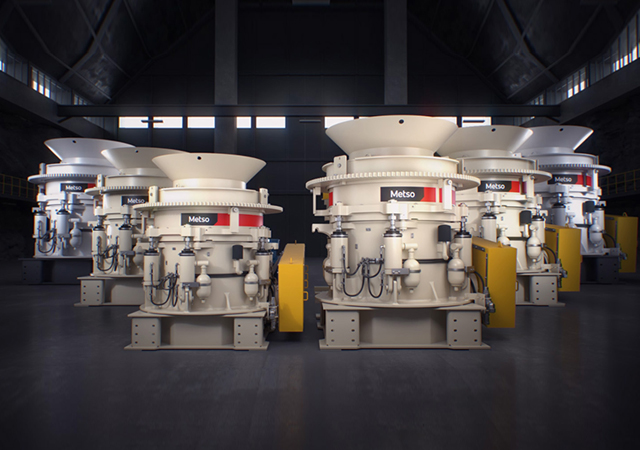
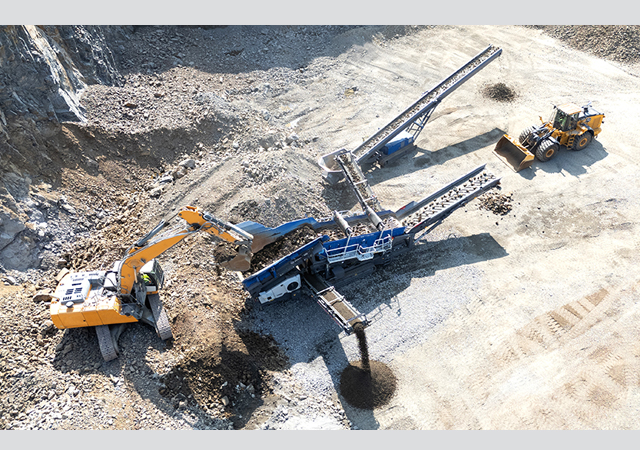
.jpg)
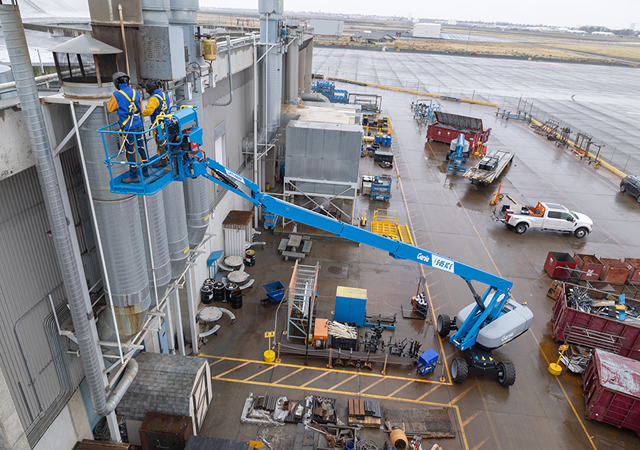
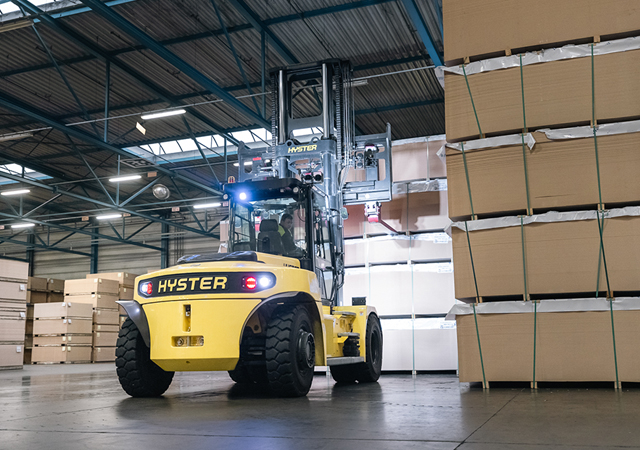
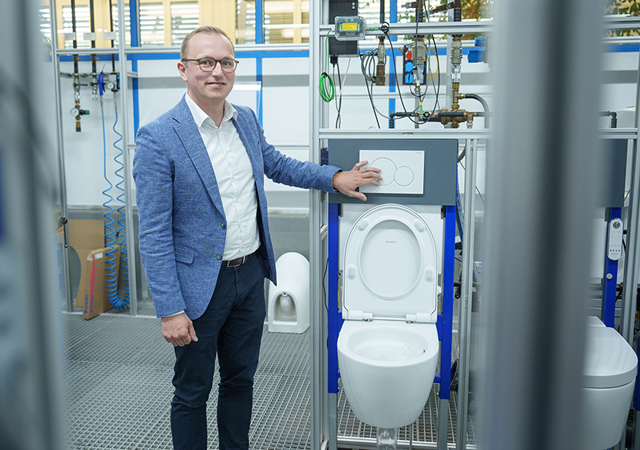
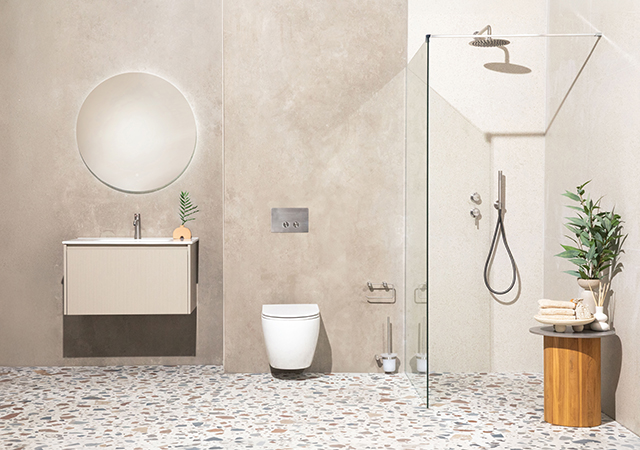
 Doka.jpg)


